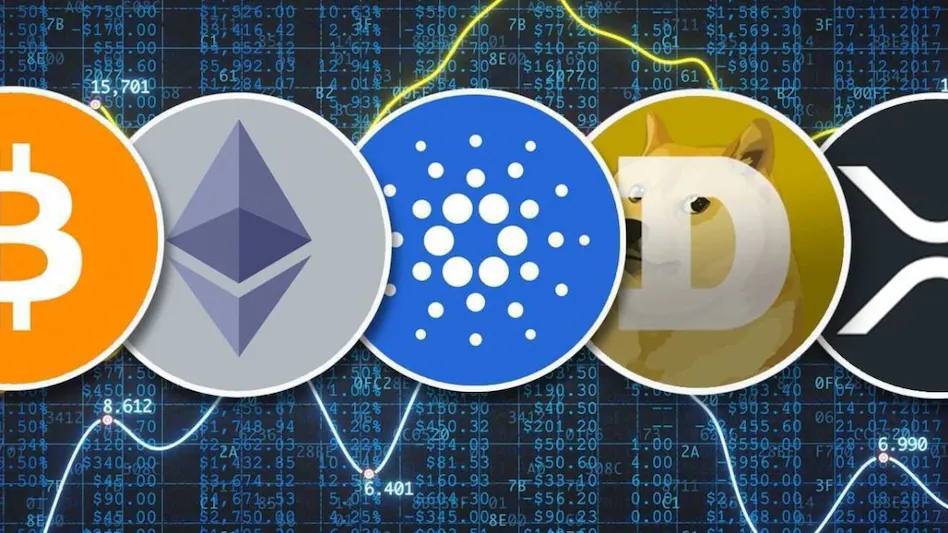Let’s talk about the RWA investor profile—because while tokenizing real-world assets sounds exciting (borderline futuristic, even), the truth is… not everyone should jump in headfirst. So, who exactly should invest in RWA?
Good question. And like most good questions, the answer is: it depends.

RWA Investor Profile: Not Just for Crypto Natives
Sure, crypto folks love innovation—but RWAs? They’re a different beast. These assets, like tokenized real estate or invoice-backed tokens, combine old-school finance with new-school tech. That’s a mash-up that works best for investors who understand both sides—or are at least willing to learn.
Typically, the RWA investor profile includes folks who:
- Are comfortable with some regulatory uncertainty
- Have at least a moderate grasp of blockchain tech
- Value access to alternative investments
- Aren’t just looking to make a quick flip (this isn’t meme coin territory)
That said, you don’t need to be a crypto wizard. High-net-worth individuals, family offices, and even tradfi veterans are quietly entering this space… cautiously, but steadily.


Institutional RWA Investors: The Slow-but-Serious Giants
This one’s important. Institutional investors—think asset managers, hedge funds, or pension funds—are increasingly warming up to RWAs. Not because it’s trendy, but because of what’s at stake: untapped yield.
Institutions typically make up a conservative RWA investor profile. They’re not going YOLO into DeFi farms. Instead, they’re looking at tokenized T-bills, private credit, and real estate—assets they already understand, just in a new format. Makes sense, right?
And here’s the kicker: when the big players step in, they usually bring better infrastructure, stricter due diligence, and a bit more stability to the ecosystem. That might be boring to some, but to long-term investors? It’s reassuring.


Retail Investors: Curious, But Cautious
If you’re a retail investor thinking, “Can I get in on this?”—short answer: yes. But… tread carefully.
Retail fits the RWA investor profile only if you’ve done your homework. Why? Because RWAs carry real-world risks. A tokenized bond is still a bond. If the issuer defaults, your shiny blockchain wrapper won’t save you.
And let’s not forget—many RWA projects are still figuring things out. There’s often less liquidity, limited regulation, and pricing can be tricky. For retail? It’s about balancing curiosity with caution.
You don’t need millions. But you do need perspective.
RWA Isn’t One-Size-Fits-All (and That’s Okay)
Now, just because RWA investing is gaining traction doesn’t mean it’s your move. Maybe you’re more into liquid markets. Or maybe you don’t want to worry about the legal implications of tokenized debt in five jurisdictions (fair enough). Not everyone fits the RWA investor profile—and that’s totally fine.
In fact, one of the worst things you could do is jump in just because you saw someone on Twitter say “RWAs are the next DeFi.” Trends come and go. But real-world assets? They move slow… and that’s part of the point.

Final Thoughts: Is the RWA Investor Profile… You?
Let’s wrap this up. If you’re thinking of investing in RWAs, ask yourself a few honest questions:
- Do I understand the asset, beyond the tech?
- Am I okay with slower returns or lower liquidity?
- Am I building for long-term exposure, not hype?
Because here’s the truth: the ideal RWA investor profile isn’t about age, wealth, or background—it’s about mindset. If you’re curious, informed, and patient, you just might be a great fit.
But if you’re chasing fast gains or allergic to complexity? Maybe sit this one out—at least for now.
As with anything in investing, know what you’re getting into… and maybe talk to someone smarter than you before you click “Buy.”
Relevant Link : Here





